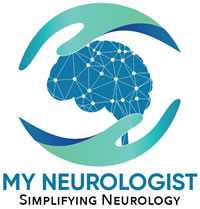This is a particular variety of bleeding inside the head and outside of brain. The bleeding in this condition occurs under the skull bone and outside the dura, which is somewhat different from a subdural or a subarachnoid hemorrhage. The dura is the thicker outer part of meninges, which is a three-layered structure covering the brain.
What is the cause of epidural hemorrhage?
Its most common cause is a head injury, especially that involves skull fracture. On one hand, it is a relatively rare type of bleed, affecting about 2% of patients with traumatic head injury, but on the other, it is one of the most serious complications of head trauma. Bleeding in this type of hematoma is from a damaged artery.
What are the symptoms of epidural hemorrhage?
Its common symptoms are headache, nausea, vomiting, seizure, or any stroke like symptom. In many patients, there is a delay between the symptoms and the time of head injury. Many of these symptoms are caused by the pressure of the blood clot on the adjacent part of the brain.
How is an epidural hematoma diagnosed?
It is diagnosed by imaging either by a CT scan or an MRI.
How is an epidural hematoma treated?
Like any other intracranial bleed, if it is small and with minimal or no symptoms, it may not require any intervention other than close monitoring of neurological status for at least 24-48 hours. Many patients require urgent neurosurgery to remove the blood clot.
What are the complications of an epidural hematoma?
Small bleeds may disappear without any complications. Larger ones, may leave some mark on the adjacent brain resulting in any symptoms or disability a stroke may cause, including COMA or death.
Where can I get more information about epidural hematoma?
American Association of Neurological Surgeons


Leave a Reply
Your email is safe with us.
You must be logged in to post a comment.